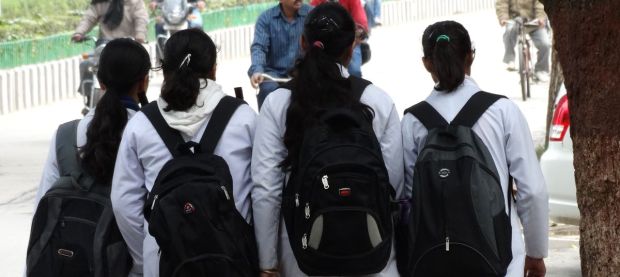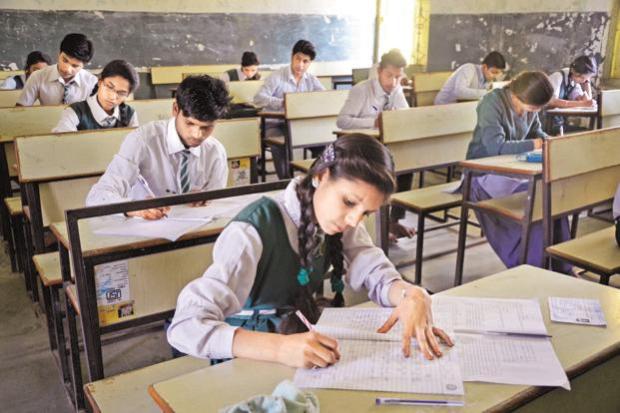
Hey!
With more and more strategies and campaigns coming into the digital marketing industry, it is very much important to ensure that the product or brand is getting the adequate amount of popularity that it demands. Let us check on the recent trends in digital marketing that is actually creating the ‘Buzz’
Trending #1: More of Live Video
In 2016, Facebook launched ‘Facebook Live’ and brought with it a new wave of live videos. Surveys show that the number of Facebook users engaged in live videos is tremendous. Taking this scenario into consideration, many companies and brand have started using ‘Live Videos’ as a digital marketing tool.
Trending #2: Impressive Marketing
Some of you might be thinking what makes this a valid point? As digital marketing is everywhere now, markets should be really creative to not only attract more attention but also sustain that curiosity of the customer. That is the main reason why multiple companies and brands stick on to talented marketing teams to create outstanding content, motivational ads, and videos that inspire their customers.
Impressive Marketing is the key to a customer engagement.
Trending #3: Voice Driven SEO
Unlike the type-and-read searches of the past couple decades, new connected home devices bring an audio component into the mix.
What does this mean for SEO? The primary result is that search queries are more conversational in tone than in the past. People conduct their search as though they are asking a friend, rather than in a shorthand way. For example, a person looking for movie times near their house might search “movie times 07724”. By contrast, when a person speaks, they are more likely to phrase it as “What movies are playing near me tonight?”
It is now important to improvise websites to provide content with predominant importance to keyword variations. Content writers should focus on creating excellent content that is written in a conversational tone.

